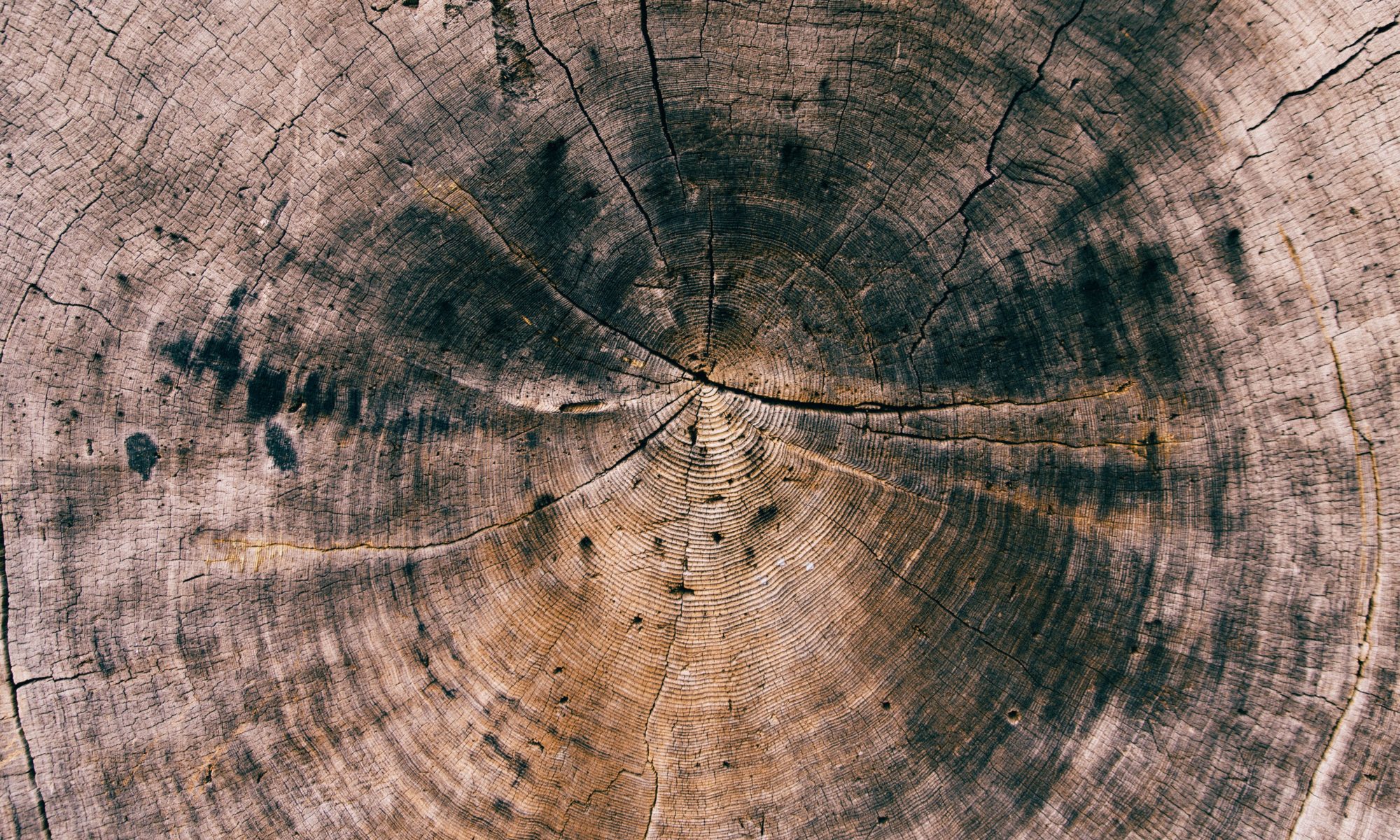Creating a simple seeder
You’ll find your seeder files under database > seeders
Create a new one with this:
php artisan make:seeder UsersTableSeeder
Open new file and add to run function:
DB::table('users')->insert([
'name' => Str::random(10),
'email' => Str::random(10).'@codingfaculty.com',
'password' => bcrypt('secret')
]);At the top of document add:
use DB;
use Str;Now run:
php artisan db:seedNow look at your database to see new user created.
Creating a more advanced seeder with factories
Go to database > factories to see the default one for users. We’ll use this one inside our DatabaseSeeder.php to create many users at once. Under run function:
<?php
namespace Database\Seeders;
use Illuminate\Database\Seeder;
use App\Models\User;
class DatabaseSeeder extends Seeder
{
public function run()
{
User::factory()->count(10)->create();
}
}Then run:
php artisan db:seedCheck your database and you’ll see 10 new users with real names.
Create Factories for all Database Tables
Edit user factory:
public function definition()
{
return [
'name' => fake()->name(),
'email' => fake()->safeEmail(),
'email_verified_at' => now(),
'password' => '$2y$10$92IXUNpkjO0rOQ5byMi.Ye4oKoEa3Ro9llC/.og/at2.uheWG/igi', // password
'remember_token' => Str::random(10),
'country_id' => fake()->numberBetween(1,3),
];
}php artisan make:factory PostFactoryInside new factory add to definition function:
public function definition()
{
return [
'user_id' => 1,
'title' => fake()->sentence(7,11),
'content' => fake()->paragraphs(rand(10,1),true),
'path' => fake()->randomElement(['first.jpg','second.jpg','third.jpg']),
];
}Create one for Role:
php artisan make:factory RoleFactory public function definition()
{
return [
'name' => fake()->randomElement(['administrator','author','subscriber']),
];
}Create one for photo:
php artisan make:factory PhotoFactory public function definition()
{
return [
'path' => 'placeholder.jpg',
'imageable_id' => fake()->numberBetween(1,3),
'imageable_type' => fake()->randomElement(['App\Models\User','App\Models\Post']),
];
}Create one for country:
php artisan make:factory CountryFactory public function definition()
{
return [
'name' => fake()->randomElement(['Canada','United States','United Kingdom']),
];
}Add to DatabaseSeeder.php:
<?php
namespace Database\Seeders;
use Illuminate\Database\Seeder;
use App\Models\User;
use App\Models\Post;
use App\Models\Role;
use App\Models\Photo;
use App\Models\Country;
use DB;
class DatabaseSeeder extends Seeder
{
public function run()
{
DB::statement('SET FOREIGN_KEY_CHECKS=0');
DB::table('users')->truncate();
DB::table('posts')->truncate();
DB::table('roles')->truncate();
DB::table('photos')->truncate();
DB::table('countries')->truncate();
User::factory()
->count(3)
->has(Post::factory()->count(2)->has(Photo::factory()->count(1)))
->has(Photo::factory()->count(1))
->create();
Role::factory()->count(3)->create();
Country::factory()->count(3)->create();
}
}Then run:
php artisan db:seed
